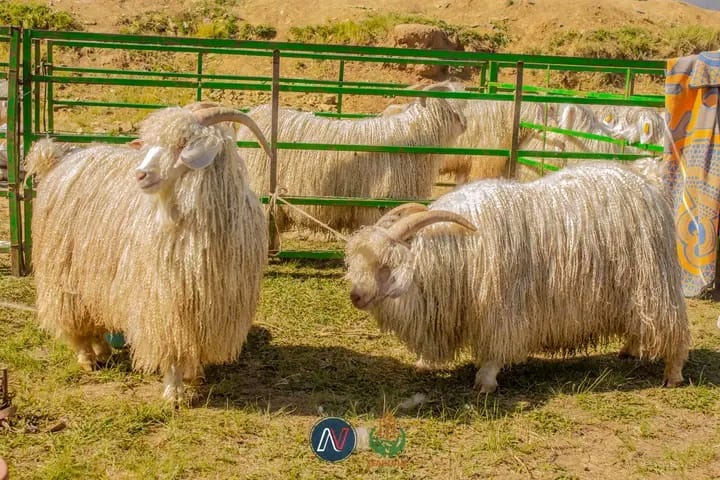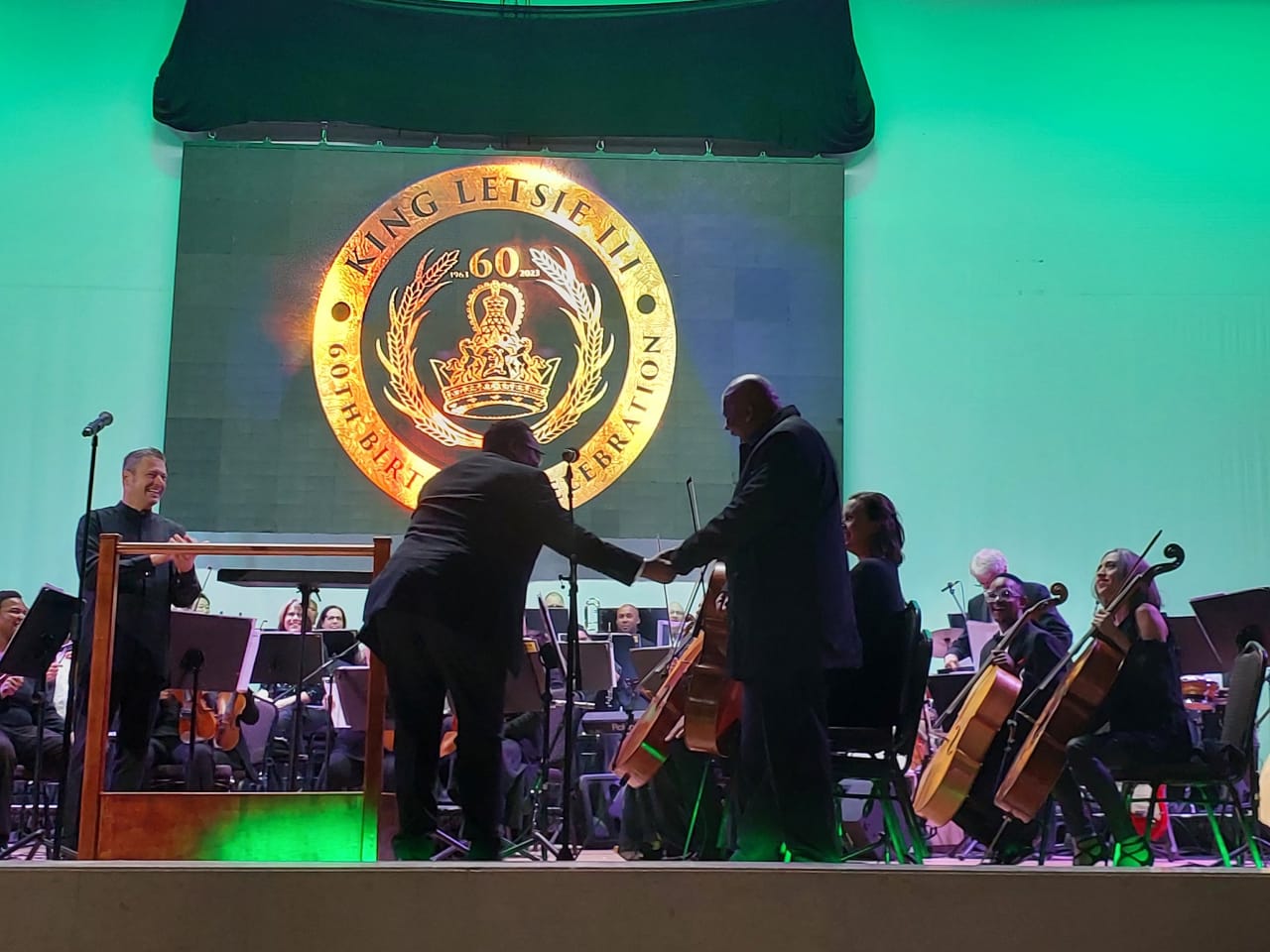Local businesswoman Thato Lekatsa has hauled New Wool Wagon Fabric Shop (Pty) Ltd into the Commercial Division of the High Court, demanding M400,000 in damages for alleged copyright infringement and unjust enrichment over her “Lesotho Cloth” design.
Lekatsa claims the retailer illegally replicated and sold her fabric, featuring vector images of King Letsie III and the iconic mokorotlo hat, undercutting her business and profiting without consent.
Court documents reveal that Lekatsa conceptualised the design in August 2017 and secured formal permission from the Royal Palace Secretariat in January 2018 to use an exclusive image of His Majesty.
By June 2018, she had begun large-scale production in South Africa, distributing the cloth for local retail – but insists New Wool Wagon was never an authorized seller.
In 2022, Lekatsa discovered what she alleges were counterfeit versions of her cloth flooding Maseru’s streets, including at New Wool Wagon’s outlet. She identified the fakes by their lack of watermarked images of the King in small circles, a feature unique to her original design.
Lekatsa claims the unauthorised replication and sale of the design violates Section 5 of Lesotho’s Copyright Order and constitutes a criminal offence under Section 57.
“A few years later, I discovered there were counterfeit cloth of my original cloth being produced either in Lesotho or South Africa, and being distributed locally. Among the sellers of the counterfeit was the defendant herein,” Lekatsa said in the court papers.
She further argued that the presence of counterfeit cloth on the market severely undercut her sales and return on investment.
“I have confirmed on several occasions that the defendant is dealing in the counterfeit of my original cloth, and thus infringing on my intellectual property rights thereto (copyright).
“Not only have they infringed my rights, they have also been unjustly enriching themselves out of the sales of the infringing cloth. It would therefore be in the best interest of justice for the Court to intervene in this matter and compensate me with an award of damages as prayed in the summons.”
After efforts to resolve the matter out of court failed, due to New Wool Wagon’s disregard of her letter of demand, Lekatsa is now seeking a court order for damages, and an alternative demand for the retailer to disclose its financial records for the past five years, and pay 70 percent of any profits linked to the cloth.
New Wool Wagon denies wrongdoing
In its plea, New Wool Wagon denies any wrongdoing, arguing that the cloth design does not belong to Lekatsa. The company insists it merely resells the fabric, which it purchases from a supplier in South Africa.
“The plaintiff did not create a new design. She only inserted King Letsie III’s image onto an already existing cloth traditionally associated with King Moshoeshoe,” the company argues. “There is nothing distinctive or original about her version.”
New Wool Wagon further contends that receiving permission from the Palace to use a photo of the King does not equate to holding copyright. The retailer claims the photograph of His Majesty can be used freely by the public as long as it is not misused.
The company further challenges Lekatsa’s ownership, noting the absence of any watermark, signature, or trademark indicating her as the copyright holder. They also point out that Lekatsa never formally introduced herself as the designer or copyright owner during their shop encounter.
According to New Wool Wagon, the disputed cloth was supplied by a South African company, and the retailer was unaware of any intellectual property claims. “Had the plaintiff disclosed her ownership claims from the outset, we would have ceased distribution immediately,” the defence states.
The retailer also dismisses Lekatsa’s claim of lost business, arguing there is no direct evidence linking its sales to her losses. “The cloth was sold at standard market value, and the defendant did not act in bad faith,” their statement reads.
The matter was first heard on 3 March before Justice Moneuoa Kopo. It is to resume before the judge for a status hearing on May 7, before the scheduled commencement of the trial on May 15.
Lekatsa is represented by Advocate Thapelo Ntsiki in the matter, while Advocate Tebello Lehloenya appears for New Wool Wagon.
Summary
- Court documents reveal that Lekatsa conceptualised the design in August 2017 and secured formal permission from the Royal Palace Secretariat in January 2018 to use an exclusive image of His Majesty.
- It would therefore be in the best interest of justice for the Court to intervene in this matter and compensate me with an award of damages as prayed in the summons.
- After efforts to resolve the matter out of court failed, due to New Wool Wagon’s disregard of her letter of demand, Lekatsa is now seeking a court order for damages, and an alternative demand for the retailer to disclose its financial records for the past five years, and pay 70 percent of any profits linked to the cloth.

Relebohile Makhetha is a court and crime reporter based in Maseru. She has been working at Newsday since 2024. She holds a Bachelor’s Degree in Professional Communication from Limkokwing University of Creative Technology (2024) and a Diploma in Mass Communication from the National University of Lesotho (Institute of Extra-Mural Studies, 2018).








